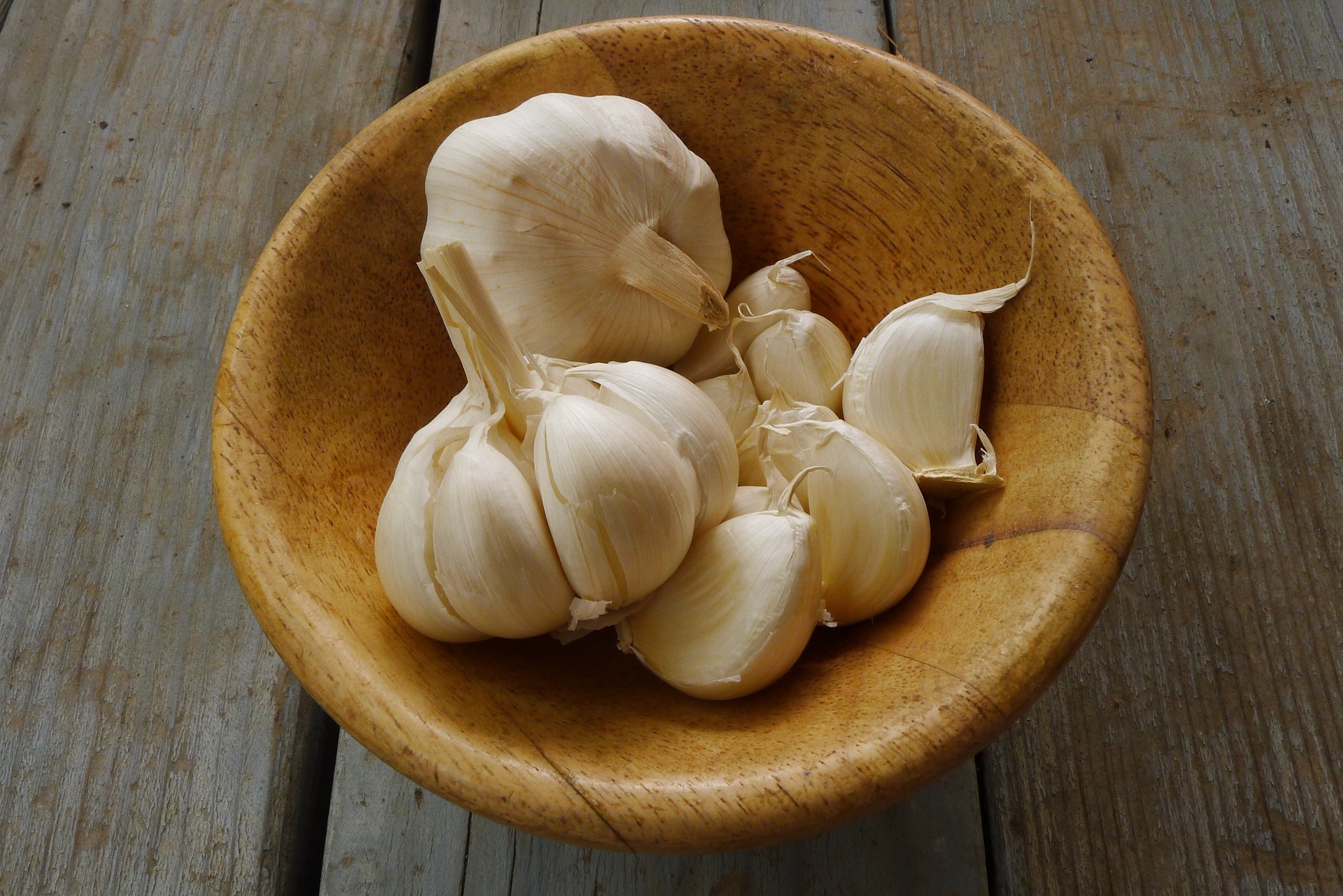As you rush around your kitchen, preparing your family’s favorite pasta, you grab for that bulbous off-white ingredient that gives the dish its punch – garlic. Chopping and mincing away, you may find yourself wondering, is garlic good for your heart? This article delves deep into understanding the powerful connection between garlic and heart health – pursuing answers backed by science and supported by centuries of traditional medicine.
Breaking Down the Garlic
Native to Central Asia and Northeastern Iran, garlic has been a culinary and medicinal superstar for thousands of years. In simple terms, garlic is an herb, but it’s not just any herb. This wonder plant belongs to the Allium family, sharing its botanical roots with leeks, shallots, onions, and chives.
Packed with Potent Compounds
The magic in garlic lies in its chemical composition. Upon crushing, chopping, or chewing, it releases Allicin, a sulphur-containing compound responsible for its distinctive aroma. Allicin is also key to garlic’s potential heart benefits. But it doesn’t stop there; garlic also boasts a rich list of nutrients, including vitamins B6 and C, manganese, selenium, and fibre.

Cholesterol Levels
Garlic is well-represented in the fight against high cholesterol. In some studies, garlic supplementation has been found to significantly decrease both total and LDL (low-density lipoprotein), often referred to as “bad” cholesterol.
Blood Pressure Regulation
Chronic high blood pressure, or hypertension, is a substantial risk factor for heart disease. A review of 14 randomized trials on hypertensive patients found that garlic preparations could reduce blood pressure similarly to standard blood pressure medications.
Prevention of Blood Clots
Garlic influences platelet aggregation, which is a fancy way of saying it may help to prevent blood clots. Blood clots can lead to stroke or heart attack, so their prevention is highly beneficial to heart health.
Using Garlic for Heart Health
If you’re convinced to incorporate more garlic into your diet, here are some tips:
- Choose fresh garlic over supplements for optimal benefits.
- To enhance allicin release, slice or crush garlic and let it sit for a few minutes before eating or cooking.
- Aside from classic methods like adding it in your pasta, you can roast it and spread it on toast, mix it into dressings, or add it to your stews and soups.
Side Effects and Precautions
Remember that more isn’t always better. Consuming large amounts of garlic, especially on an empty stomach, could lead to digestive issues. The strong flavor of garlic could cause bad breath and body odor. People with bleeding disorders or pre-surgery must use garlic with caution due to its potential anticoagulant effects.
Medicine Outside the Kitchen
Now more than ever, our kitchens double as our pharmacies, with food as our medicine. And while garlic cannot substitute physician-prescribed treatments, incorporating it into a balanced and varied diet can undoubtedly contribute to a healthier heart, and a healthier you.
Not only does garlic add zing to our food, but it also offers a wealth of heart-healthy benefits – from lowering cholesterol levels, regulating blood pressure to preventing blood clots. But as with all things, moderation is key. And remember, garlic is not a miracle cure; it is part of an overall lifestyle that prioritizes a balanced diet, regular exercise, and timely medical check-ups. Because in the end, your heart health isn’t just about what you eat. It’s about how you live.



